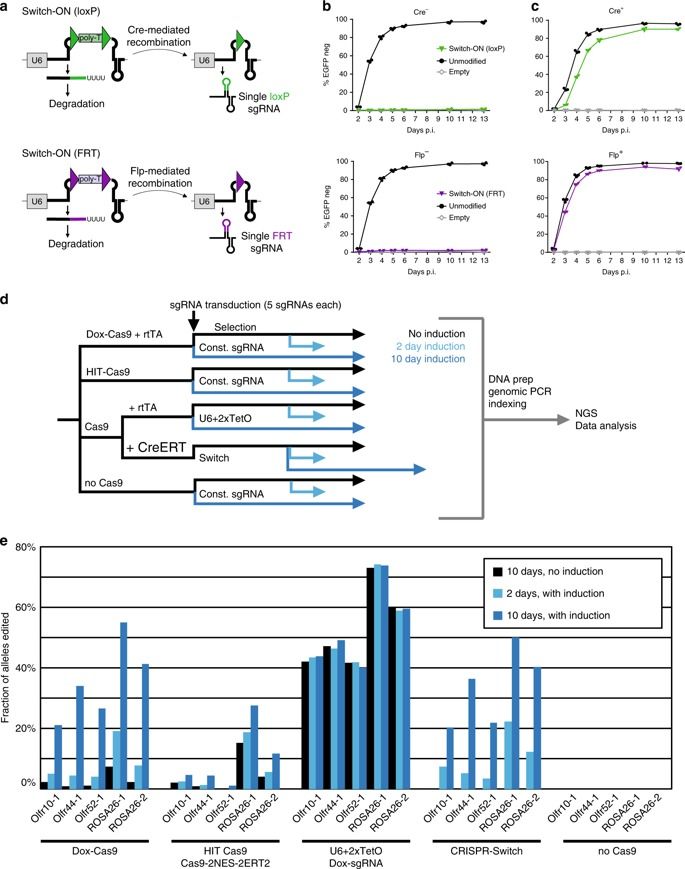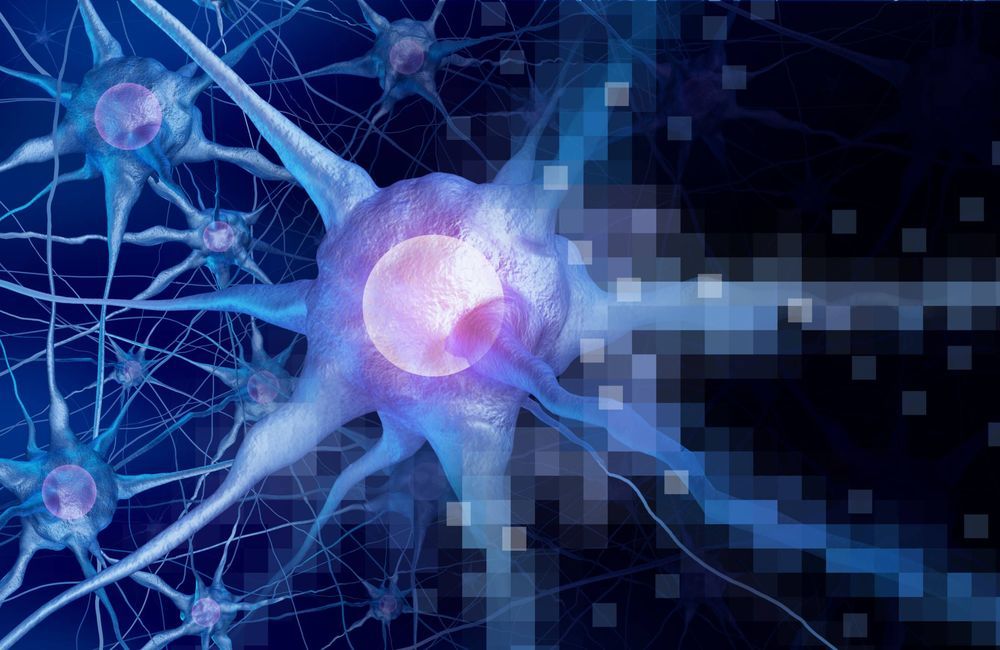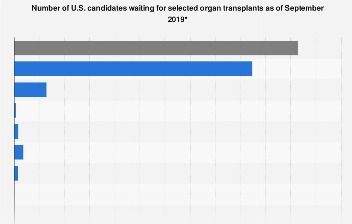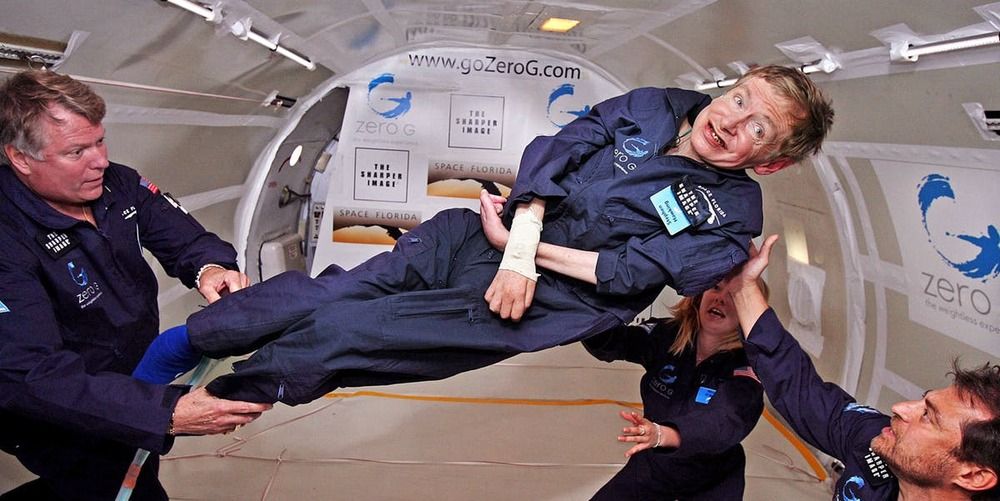The first ever integrated nanoscale device which can be programmed with either photons or electrons has been developed by scientists in Harish Bhaskaran’s Advanced Nanoscale Engineering research group at the University of Oxford.
In collaboration with researchers at the universities of Münster and Exeter, scientists have created a first-of-a-kind electro–optical device which bridges the fields of optical and electronic computing. This provides an elegant solution to achieving faster and more energy efficient memories and processors.
Computing at the speed of light has been an enticing but elusive prospect, but with this development it’s now in tangible proximity. Using light to encode as well as transfer information enables these processes to occur at the ultimate speed limit—that of light. While as of recently, using light for certain processes has been experimentally demonstrated, a compact device to interface with the electronic architecture of traditional computers has been lacking. The incompatibility of electrical and light-based computing fundamentally stems from the different interaction volumes that electrons and photons operate in. Electrical chips need to be small to operate efficiently, whereas optical chips need to be large, as the wavelength of light is larger than that of electrons.







